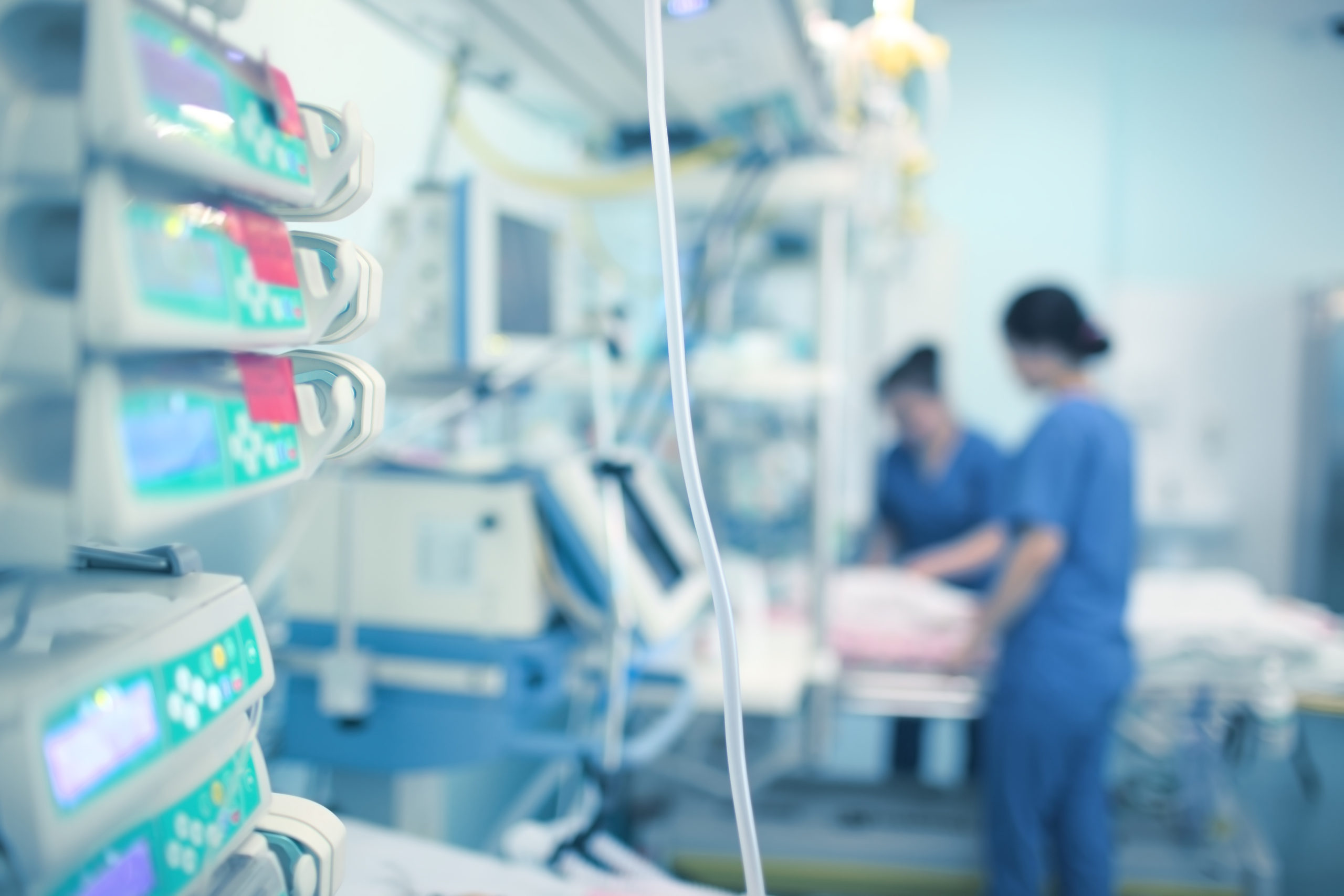Up in the northern part of California, an interesting movement is taking place. Oakland-based Highland Hospital has been garnering national headlines for its revolutionary approach to treating people battling opioid addictions. Executives at that medical facility have decided to implement a “Recovery On Demand” approach for people in need, opening up their emergency room for immediate treatment and prescriptions.
One big hurdle that they are helping addicts overcome is providing around-the-clock access to buprenorphine. This particular prescription has been shown to immediately slow down cravings and stabilize people who may be in crisis mode.
“With a single E.R. visit we can provide 24 to 48 hours of withdrawal suppression, as well as suppression of cravings,” Highland emergency medicine specialist, Dr. Andrew Herring, told The New York Times. “It can be this revelatory moment for people — even in the depth of crisis, in the middle of the night. It shows them there’s a pathway back to feeling normal.”
Typically, addiction meds like buprenorphine are challenging to receive on a quick basis. There are insurance challenges, multiple doctor visits and delays in availability. The team at Highland is hoping to change that by offering quick referrals for people they believe to be in danger. Their goal is to avoid overdoses and relapses at all costs.
And per the NYT article, buprenorphine has led to several success stories. A study they shared showed that addicted patients who were given the med in an emergency room were twice as likely to be in treatment within a month (vs. those who got it with an informational pamphlet from a doctor’s office).
Other Highland physicians associated with the movement shared their thoughts with the Times as well. As Dr. Kelly Pfeifer explained, a big part of this work is being done to de-stigmatize the concept of addiction; particularly when it comes to the opioid epidemic.
“We don’t think twice about someone having a heart attack, getting stabilized in the emergency department, and then getting ongoing care from the cardiologist,” she added. “And the risk of death within a year after an overdose is greater than it is for a heart attack.”
The Highland program has been in effect since the beginning of last year. Over the past 12 months, their data has shown that two-thirds of the 375 E.R. patients who were treated for a dependency accepted the buprenorphine prescription and moved towards entering treatment.
There is no denying that the faces and cravings of addiction are changing. And we applaud organizations like Highland Hospital for continuing to be fluid and seeking out new ways to implement recovery.







